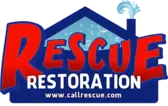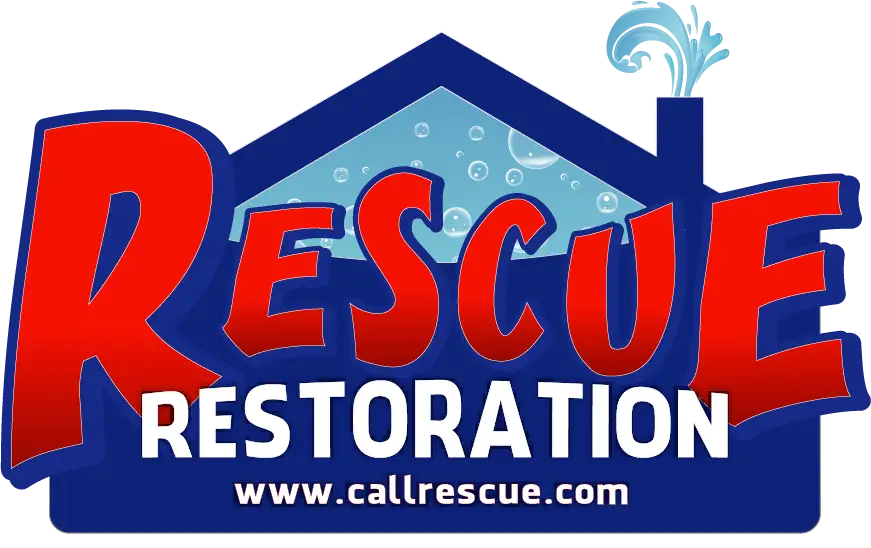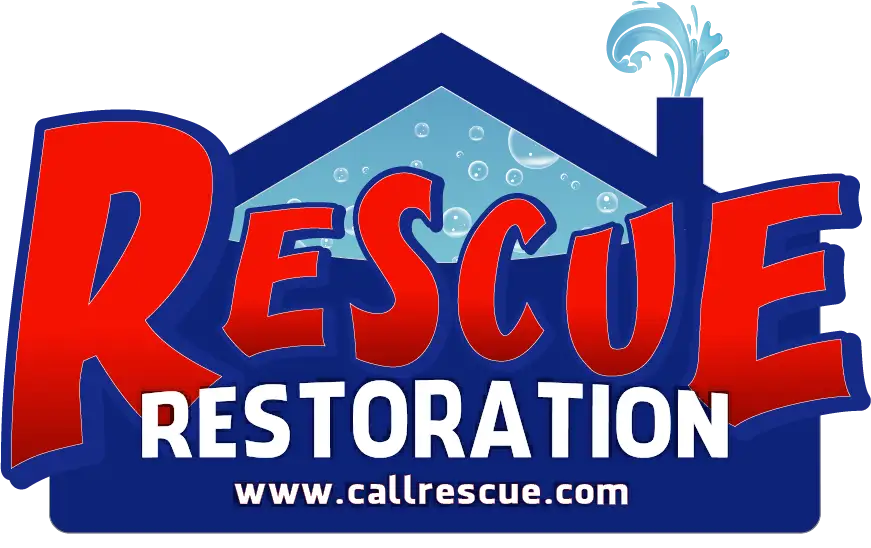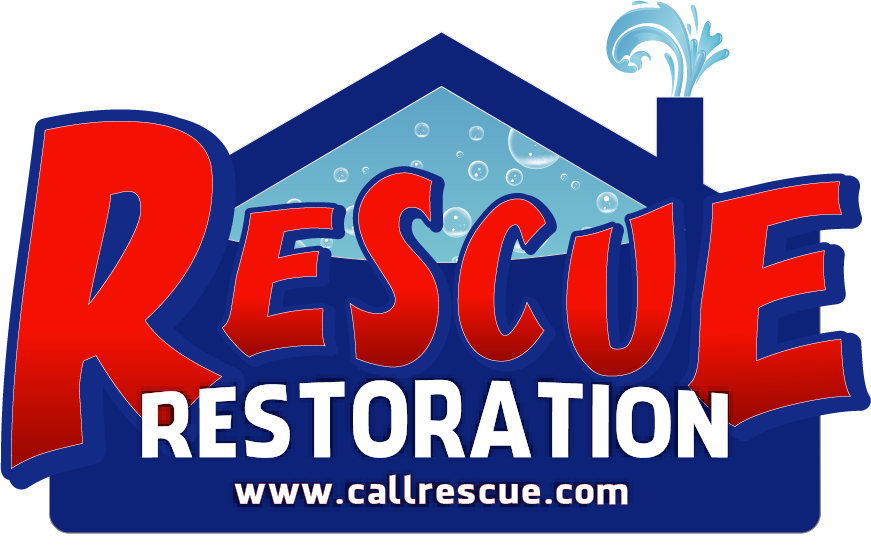What are the Health Risks of Living With Mold?

Mold, a common household intruder, often goes unnoticed until it becomes a serious problem. While many people associate mold with unpleasant odors and unsightly stains, its impact on health is often underestimated. In reality, living with mold can pose significant health risks, affecting both physical and respiratory well-being. In this blog, we’ll delve into the various health hazards associated with mold exposure and explore ways to mitigate these risks.
1. Respiratory Issues
One of the most prominent health risks of living with mold is its adverse effects on respiratory health. Mold spores get released into the air, and can be inhaled, triggering allergic reactions or exacerbating existing respiratory conditions. People who live with asthma, allergies, or compromised immune systems are particularly vulnerable. Symptoms may include coughing, wheezing, throat irritation, and nasal congestion.
2. Allergies
Mold is a potent allergen, capable of causing allergic reactions in susceptible individuals. Common allergic reactions to mold exposure include sneezing, itching, watery eyes, and skin rashes. Prolonged exposure may lead to chronic allergic responses, making it essential to address mold issues promptly.
3. Sinus Infections
Mold exposure has been linked to an increased risk of sinus infections. The sinuses are particularly susceptible to inflammation caused by mold spores, leading to sinusitis. Persistent headaches, facial pain, and nasal congestion may indicate the presence of mold-related sinus infections.
4. Respiratory Infections
Mold exposure can enhance the likelihood of respiratory infections, particularly in people with compromised immune systems. Inhaling mold spores can result in lung infections, manifesting symptoms like fever, coughing, and respiratory distress. Individuals with persistent lung conditions, such as chronic obstructive pulmonary disease (COPD), face an increased vulnerability to these risks.
5. Mycotoxins
Certain molds produce mycotoxins, toxic substances that can have severe health implications. Prolonged exposure to mycotoxins has been associated with various health problems, including neurological problems, gastrointestinal disturbances, and immune system suppression. While mycotoxin production varies among mold species, it underscores the importance of addressing mold problems promptly.
Preventive Measures
To decrease the health risks associated with mold, consider the following preventive measures:
a. Maintain Proper Ventilation: Ensure good air circulation in your home to prevent moisture buildup, a key factor in mold growth.
b. Address Water Damage Promptly: Repair leaks and water damage immediately to prevent the conditions that foster mold growth.
c. Monitor Indoor Humidity: Keep indoor humidity levels below 60% to discourage mold growth. Consider using dehumidifiers in damp areas.
d. Regular Cleaning: Routinely clean and dust your home to eliminate potential mold spores. Pay extra attention to areas prone to moisture, such as bathrooms and kitchens.
e. Properly Ventilate Appliances: Ensure that appliances producing moisture, such as clothes dryers and stoves, are properly vented to the outside.
For All Your Mold Remediation Needs in Dallas-Fort Worth, TX and the Surrounding Areas, Contact Rescue Restoration Today
Living with mold poses serious health risks, emphasizing the need for proactive measures to prevent its growth and address existing problems. By comprehending the potential health hazards associated with mold exposure, individuals can take steps to create a healthier living environment for themselves and their families. If mold issues persist, seeking professional assistance for thorough remediation is crucial to safeguarding both home and health. That’s where Rescue Restoration comes in. We’re here for all your mold remediation needs. Contact us today!







